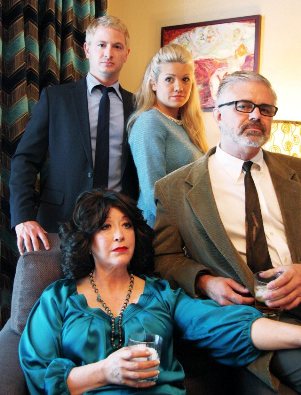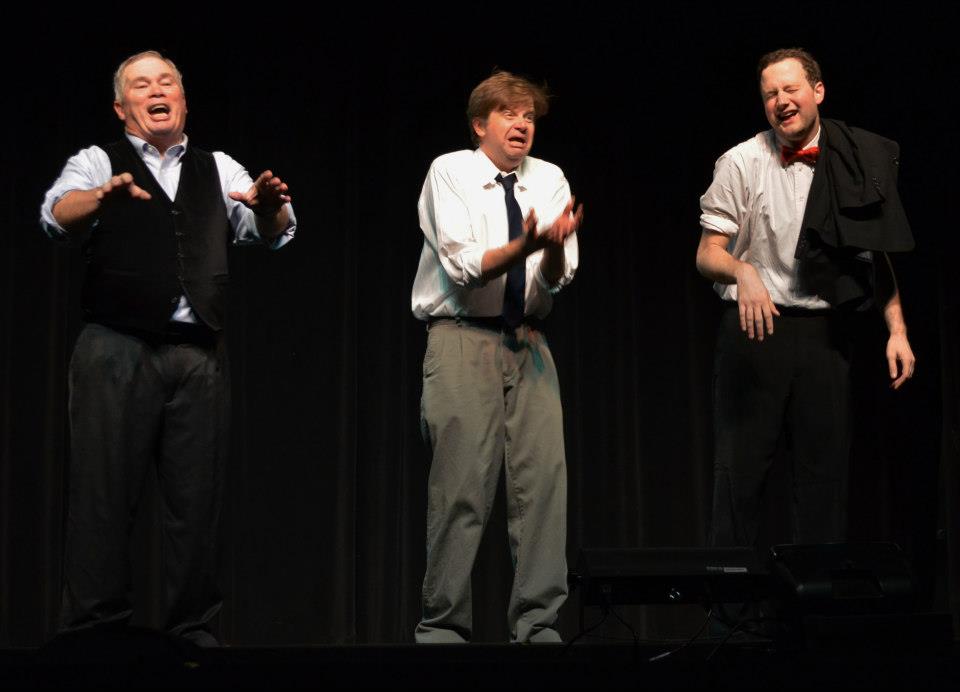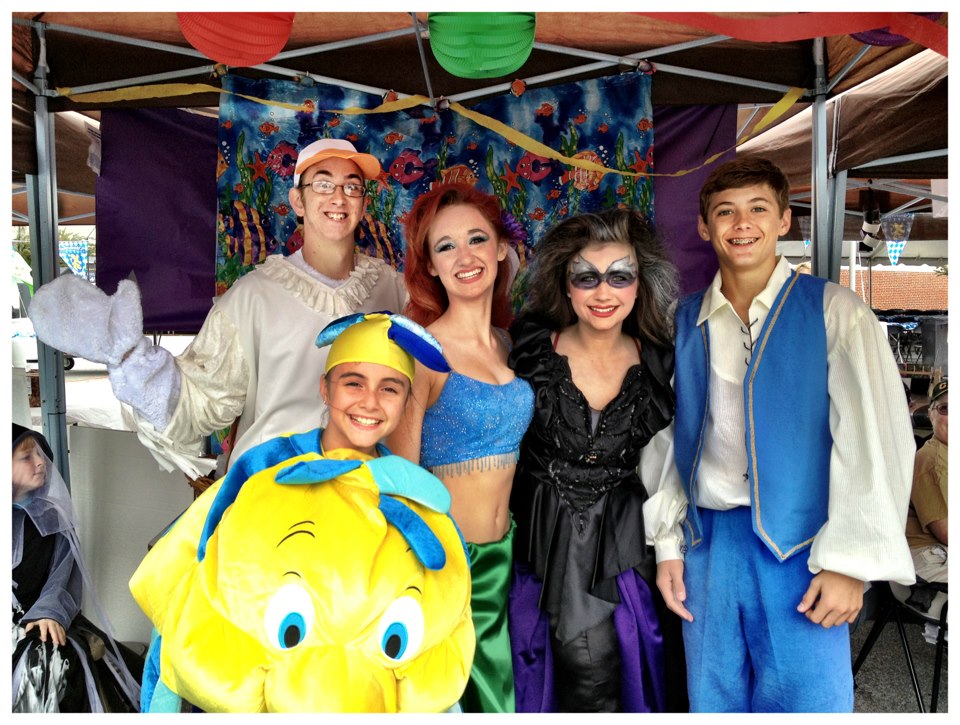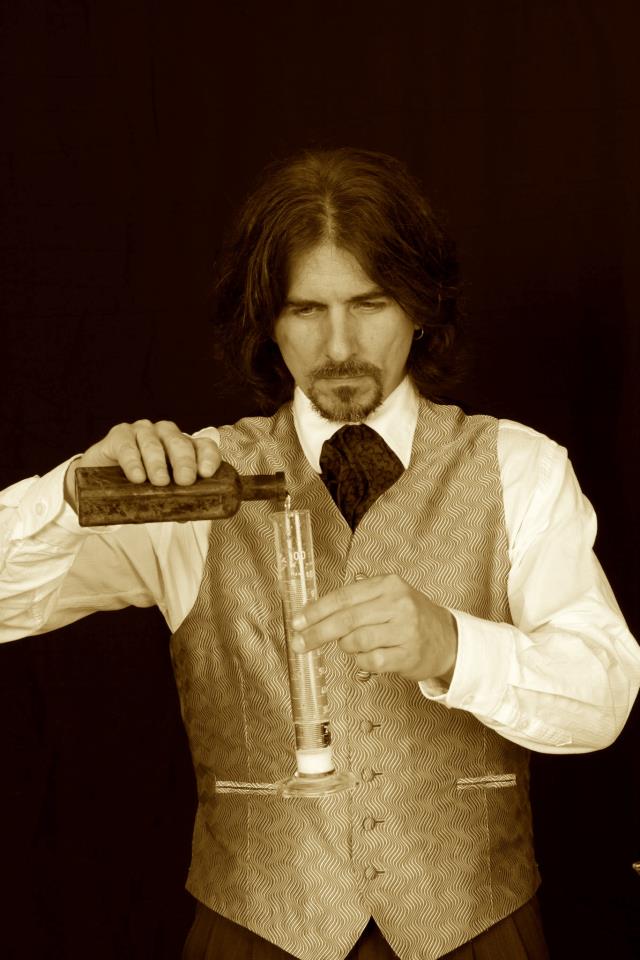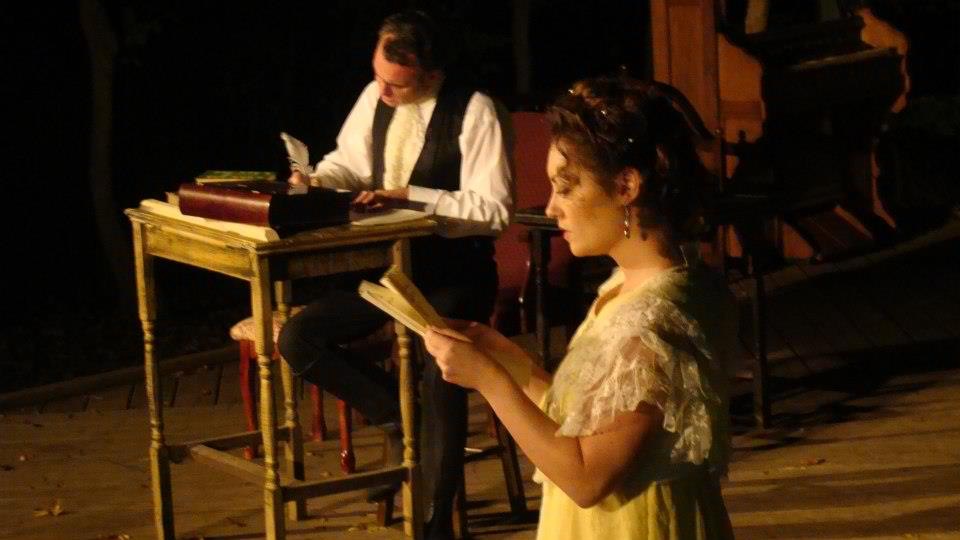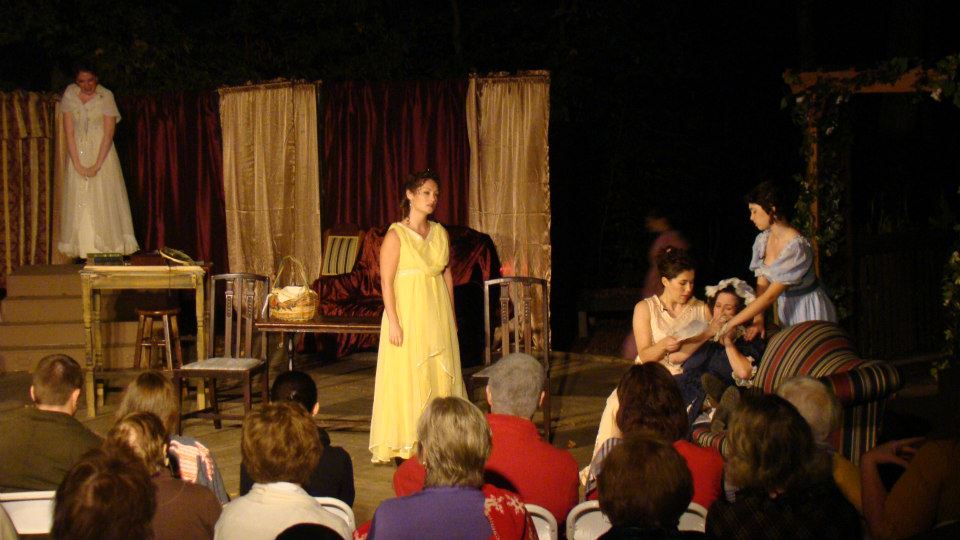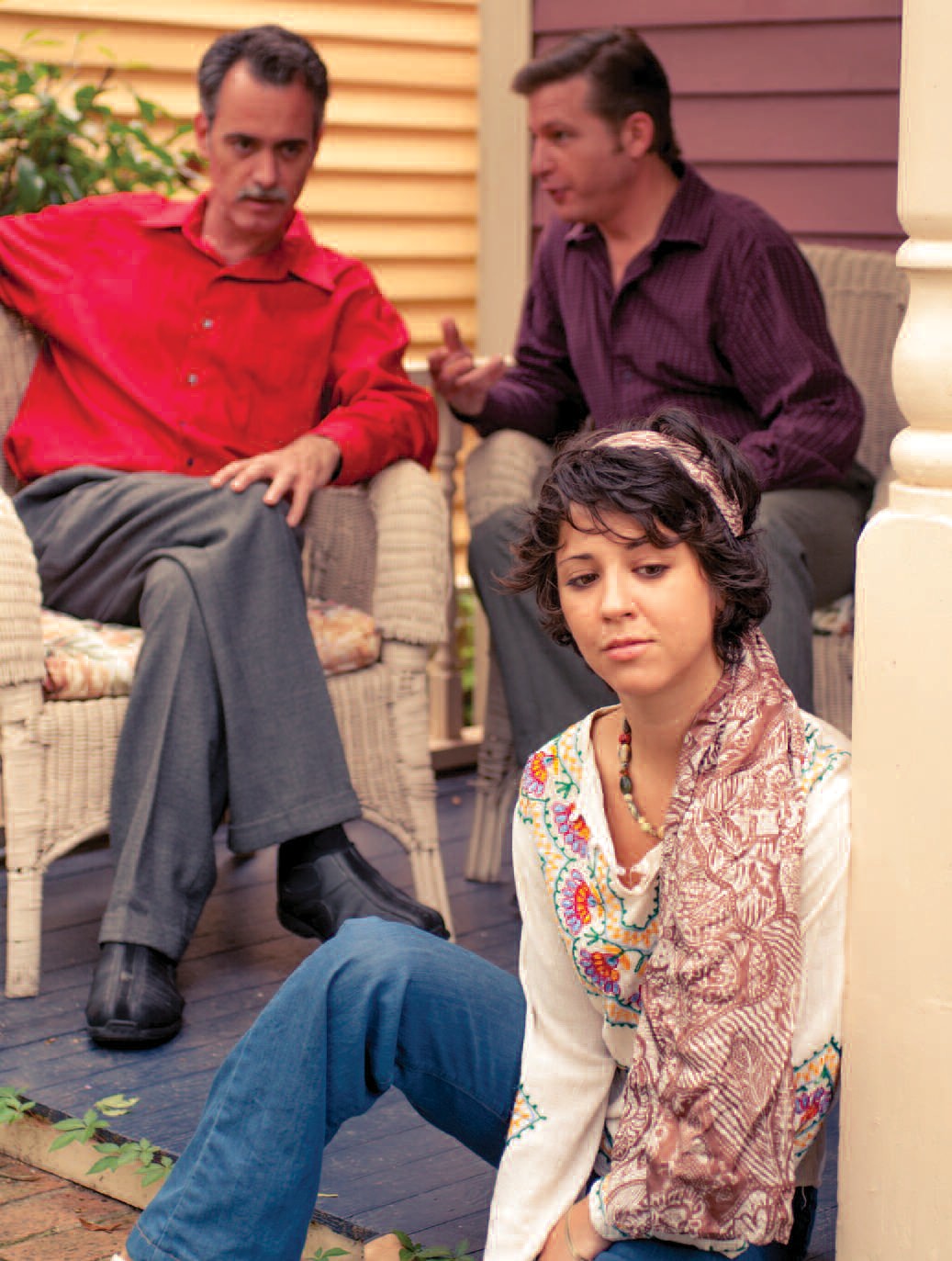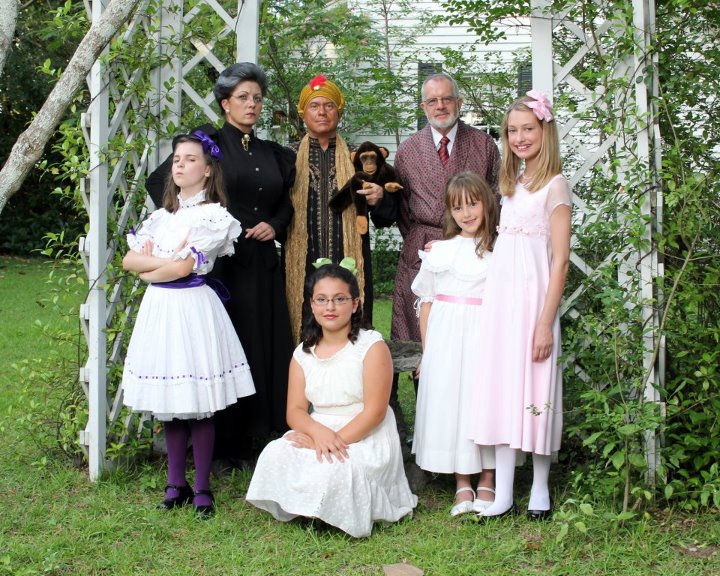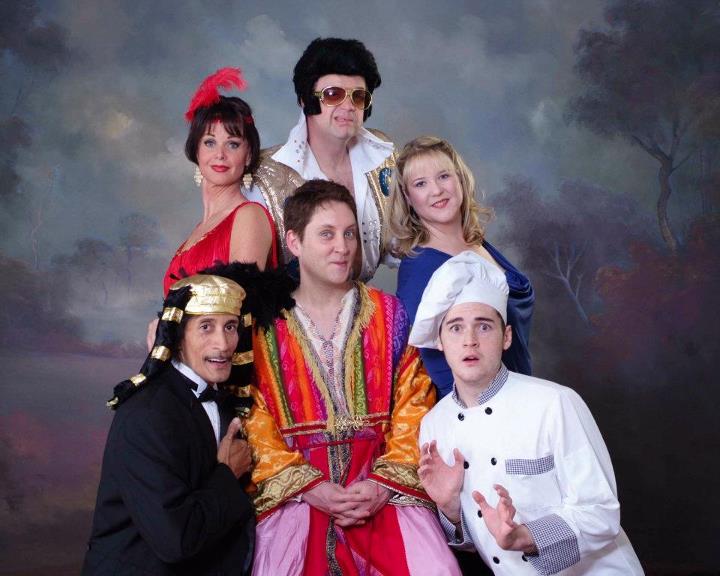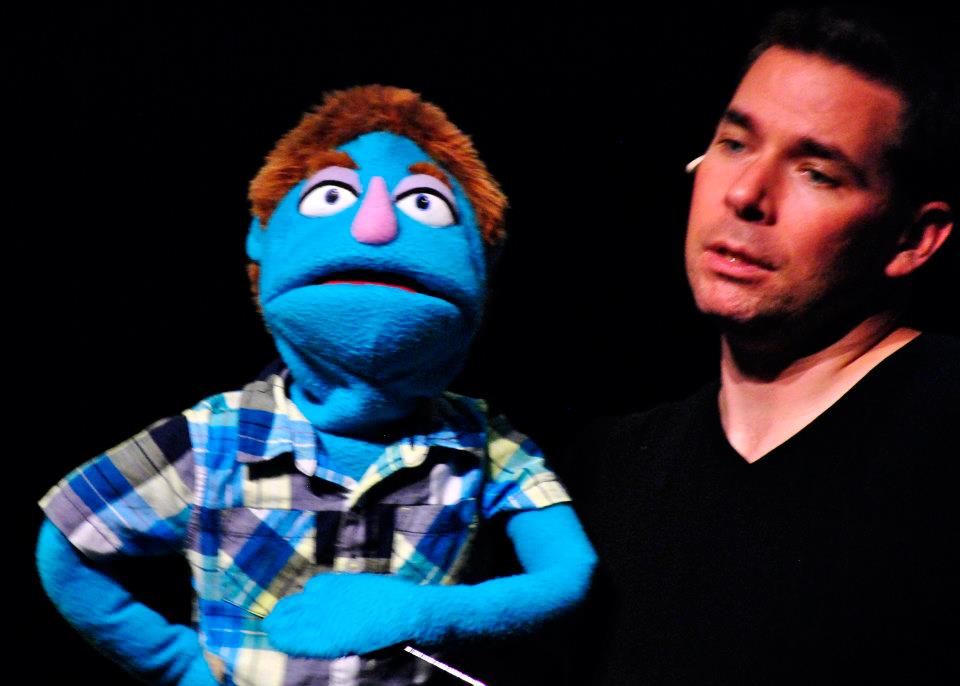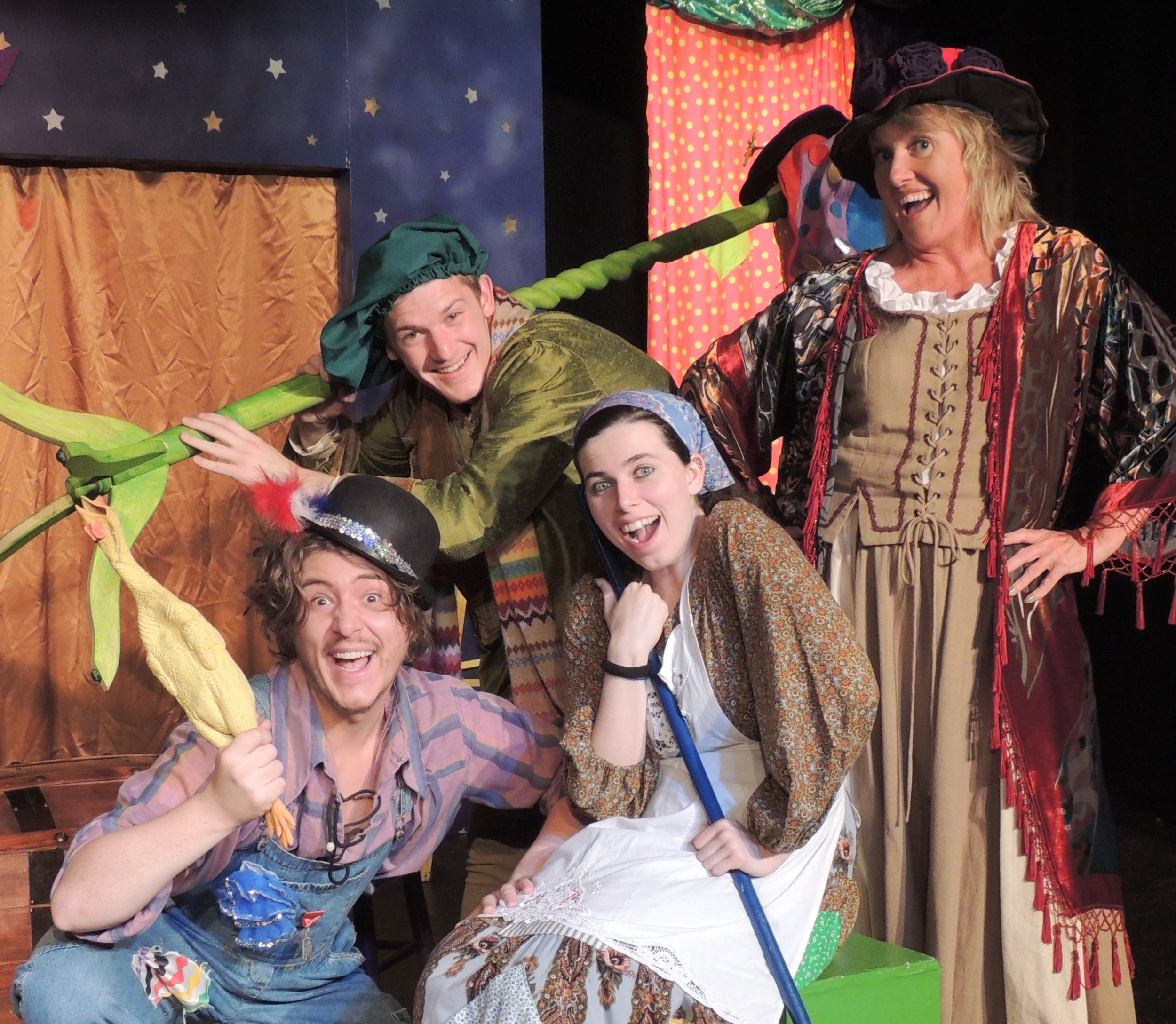Veteran Midlands director Cynthia Gilliam, one of the founders of Workshop Theatre, recently took time to chat with Jasper Theatre Editor August Krickel about her upcoming production of an Edward Albee classic. Jasper: Who's Afraid of Virginia Woolf is currently being produced on Broadway in a very high-profile revival - why do you think it still resonates with audiences?
Cynthia Gilliam: For me, Albee's script is as timeless as Macbeth. Delicately balanced between comedy and tragedy, I believe this play will be staged again and again, right on into the foreseeable future. While George and Martha are bickering, disappointed, aging, alcoholics, they are deeply in love with each other. Their marriage, like the play, is a tightly wound tragicomedic concoction bound to endure. While (the) script is incredibly heavy lifting for actors, it is a different experience for the audience, when it is well played. First-timers are as amazed and delighted at the rich comedy in the script as they are raked by the anger and vitriol there.
Jasper: Albee has said that he wants audiences still to be completely entranced by and caught up in his shows even as they leave the theatre. What sort of ideas/themes/messages do you hope audiences will take from this show?
CG: However they are wounded, most people manage to make their way through life as best they can. Those with scars seek others similarly wounded, and they accommodate each other, often with made up games, hearty laughter, and a good sex. The cards we are what they are. We must deal with what we are dealt.
Jasper: This is the 50th anniversary of the original Broadway premiere of Who's Afraid of Virginia Woolf. However, you've done this show previously in Columbia?
Cynthia Gilliam: This marks my third, and most likely final, encounter with (this) play. I produced and directed it the first time with Milton Dixon as George, and Bette Herring as Martha at the Playbox Theater, housed in an old Postal Office in Eau Claire. Years passed, and Russell Green, former head of the Theater Department at USC and an incredible director, cast me as Martha opposite Bob Hungerford’s George in a production staged at Charlton Hall Antiques Gallery on Gervais Street. Acting with Hungerford was a stellar experience, and Russell was a whiz, with a very firm hand. We were gypsies back in those days, but we managed to stage credible productions, get decent reviews, draw good crowds, pay our bills, share what was left over, and do exactly as we pleased. Adding up the days and nights spent on these first endeavors would likely equal five months of living inside this script. Martha was my very last appearance as an actress.
Jasper: Stann Gwynn and Elena Martinez-Vidal (profiled in Jasper 004 as one of Columbia's "leading ladies") play George and Martha in this production. Just like with the Richard Burton and Elizabeth Taylor film version, it may be hard for local audiences to realize that Stann and Elena are old enough for these roles. Have you worked with them before?
CG: This production is my first opportunity to work with Stann, although I have admired his talent on many occasions. He and Elena cast me as their director, and I responded to their call! Elena and I go way, way back. We have been talking for several years about working together again.
Jasper: We've followed the career of Giulia Dalbec-Matthews for a number of years, and are so impressed with the increasingly complex and challenging roles she has taken on in the last year. Still, the vulnerable character of Honey is very different from anything she has done on stage previously - how did you come to cast her?
CG: I have made a point of trying to see everything (on stage) I can this year, as I want to do more, and need to know what everyone is doing, and how well. Lucky for me, I saw Legally Blonde at Workshop, primarily because my daughter, Liz, is involved in producing the show at Dreher High School, and she wanted to see it. I was struck with the incredible energy and focus coming from Giulia, (and so) I cast Giulia based on her performance in Blonde. I believe Giulia is very serious about growing herself as an actress. Wise beyond her years, her intuition tells her that the more roles she tucks into her resume, the more she can widen her range of opportunities. To become the best actress you can possibly be, you have to practice the craft regularly, stay on the lookout for roles that will give you growing pains and lengthen your reach. I admire her for taking on this part, and she is making it all her own. She is very “directable.”
Jasper: We profiled veteran Workshop Theatre set designer Randy Strange this summer in Jasper 006. How is he to work with?
CG: To borrow from Mr. Albee, Randy is “a beanbag”. He is the perfect collaborator. Because of Randy, this cast will have more than ten days to rehearse on a complete, furnished, and finished set. He has made a very challenging prop called for in the show, and I tested it three days ago. I irritate the snot out of him, but he endures and produces just what I need. Who could ask for more?
Jasper: Big-budget musicals are always a hit locally, and sometimes so are new, name-brand dramas, but this show is 50-yrs. old, and touches on issues not everyone might relate to (academia, middle-age, upper-middle-class malaise, etc.) Why should a Columbian theatre-goer come see this show?
CG: Theatre-goers should come to this show for the same reason they would attend a fine production of Hamlet. Virginia Woolf is an American classic, and, as you said, it is over 50 years old. Yet, people are still putting it up on the stage all over the country. It is worth hearing and seeing every decade or so. Were I in Chicago next week and a production was running there, I would book tickets as soon as I got to my hotel. I do not believe it will wilt with time or fall from favor. There is so much in this script that is yet to be mined and put on display.
........................
Ticket information can be found at http://www.workshoptheatre.com/ or by calling the box office at 803-799-6551 from noon to 5:30 p.m., Monday through Friday. Show dates are Nov. 9-11, 14-18, and 23-24. All performances are at 8:00 PM, except for matinees on Sunday Nov. 11 and 18.



